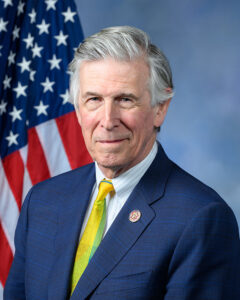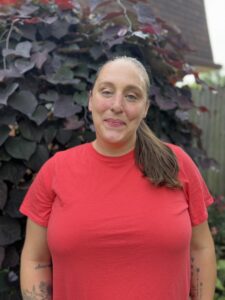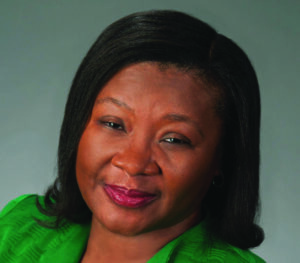Two measures with the potential to introduce a new residential housing model to the City of Falls Church came before the F.C. City Council Monday. One involving a colony of smaller, age-restricted cottages on 1.25 acres on Railroad Avenue, while expected to be approved, was delayed pending formal receipt of an agreement from the regional Park Authority that will allow for a widening of the street to better ensure fire and other vehicles will full access. The other, a zoning modification to permit the construction of a second single family dwelling on a N. Maple Street property, was approved by a 3-1 vote.
The lengthy meeting heard strong protests from neighbors to the site of the Railroad Avenue cottages project, which cleared the Planning Commission with only a single dissenting vote last month. It calls for the construction of 10 free-standing units, each about 1,500 square feet, and a common house on Railroad Avenue, a barely paved road on the extreme northwestern part of the Little City, hugging the W&OD trail off Fowler Street.
An accidental basement fire in an existing home on Railroad Avenue last weekend inflamed the protests of many who showed up, despite the fact that the fire demonstrated there was already sufficient access to the location for the fire units and that the new plan would improve the access further.
The Council voted to delay action Monday to await receipt of a letter that is expected from the Park Authority promising its cooperation to make the access work even better. The final vote was delayed until the Council’s next business meeting Sept. 11.
In the second item, a long-delayed action was finally addressed by the Council, which followed the recommendations of the City staff and the Planning Commission to approve the proposal from the family of long-time Council member and former mayor David Snyder and the Columbia Baptist Church to add parking space for the church and permit the construction of a second home on the Snyder property. As a Council member, Snyder recused himself from any involvement in the debate or the vote on the matter.
That plan drew opposition from those who complained that a precedent was being set by granting a zoning amendment for a single applicant, but the well-devised plan was a cooperative effort between the Snyder family and the church, and sidewalk and landscaping improvements offered to accompany the change provided the neighborhood with tangible improvements.
Therefore, the Council voted on a required pair of measures both in favor, 3-1, with Vice Mayor Marybeth Connelly and Council members Phil Duncan and Karen Oliver voting “yes,” Council member Letty Hardi voting “no,” with Councilman Dan Sze absent and Mayor David Tarter and Councilman Snyder recusing themselves.
The Snyder-Columbia Baptist proposal was by motivated by the Snyders’ desire to have the second home built on their property and lived in by their adult daughter.
While approved strictly upon the merits of the particular case involved, and while it does not conform, per se, with any of the prevailing notions that would permit homeowners to build small ancillary units on their properties, a concept known as “granny flats” and by other names, it may inspire others in the City to follow that lead for other reasons.
It is a development that many advocates of affordable housing and simply of places to permit families to stay together — whether in cases of an elderly in-law or a recent college graduate seeking to find somewhere in the city where they grew up — agree would be a constructive step, in the same spirit as the Railroad Avenue cottages that, a smaller dwelling units, would be attractive to older adults whose children have grown and left home, to downsize out of single family homes.













